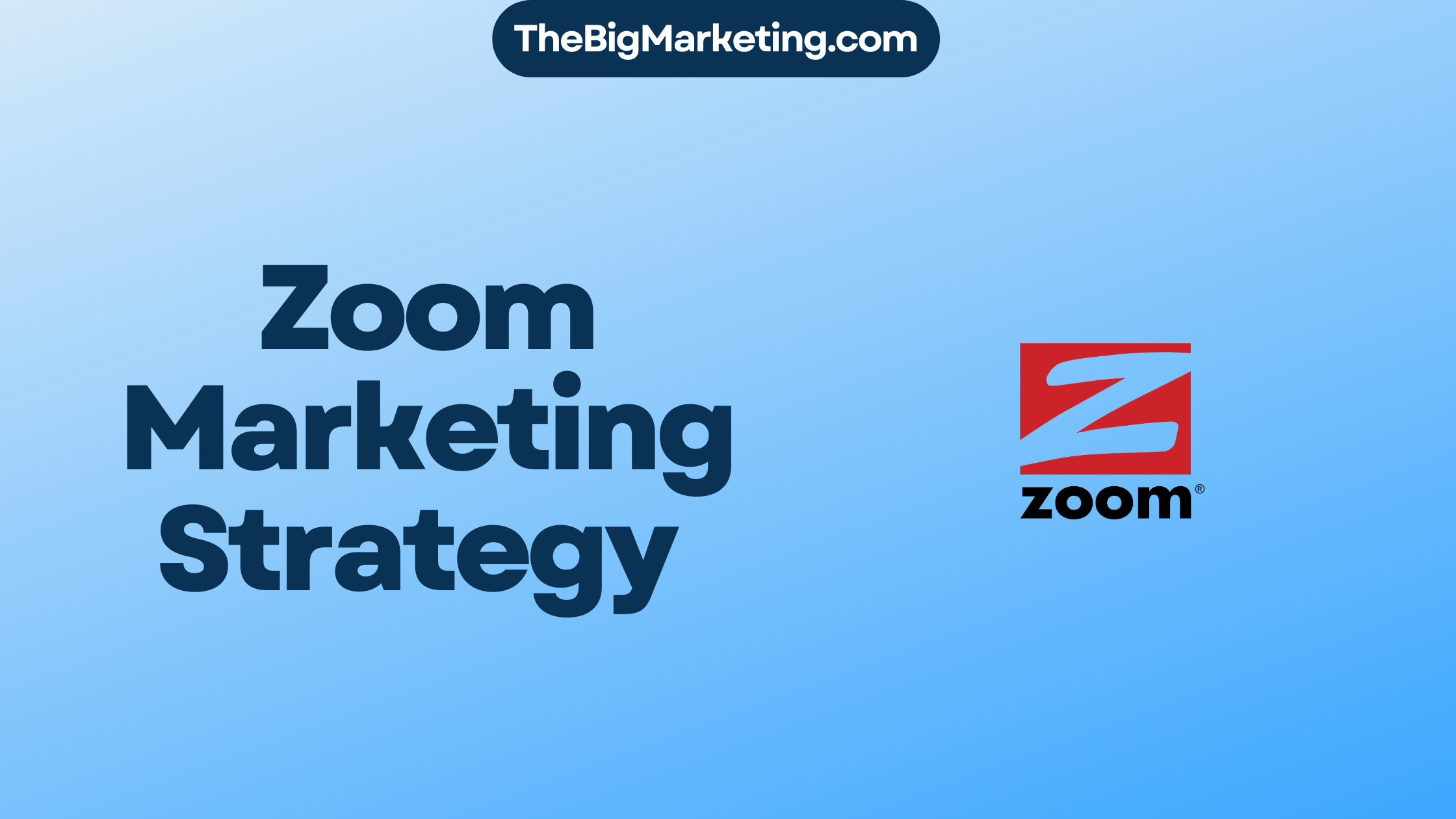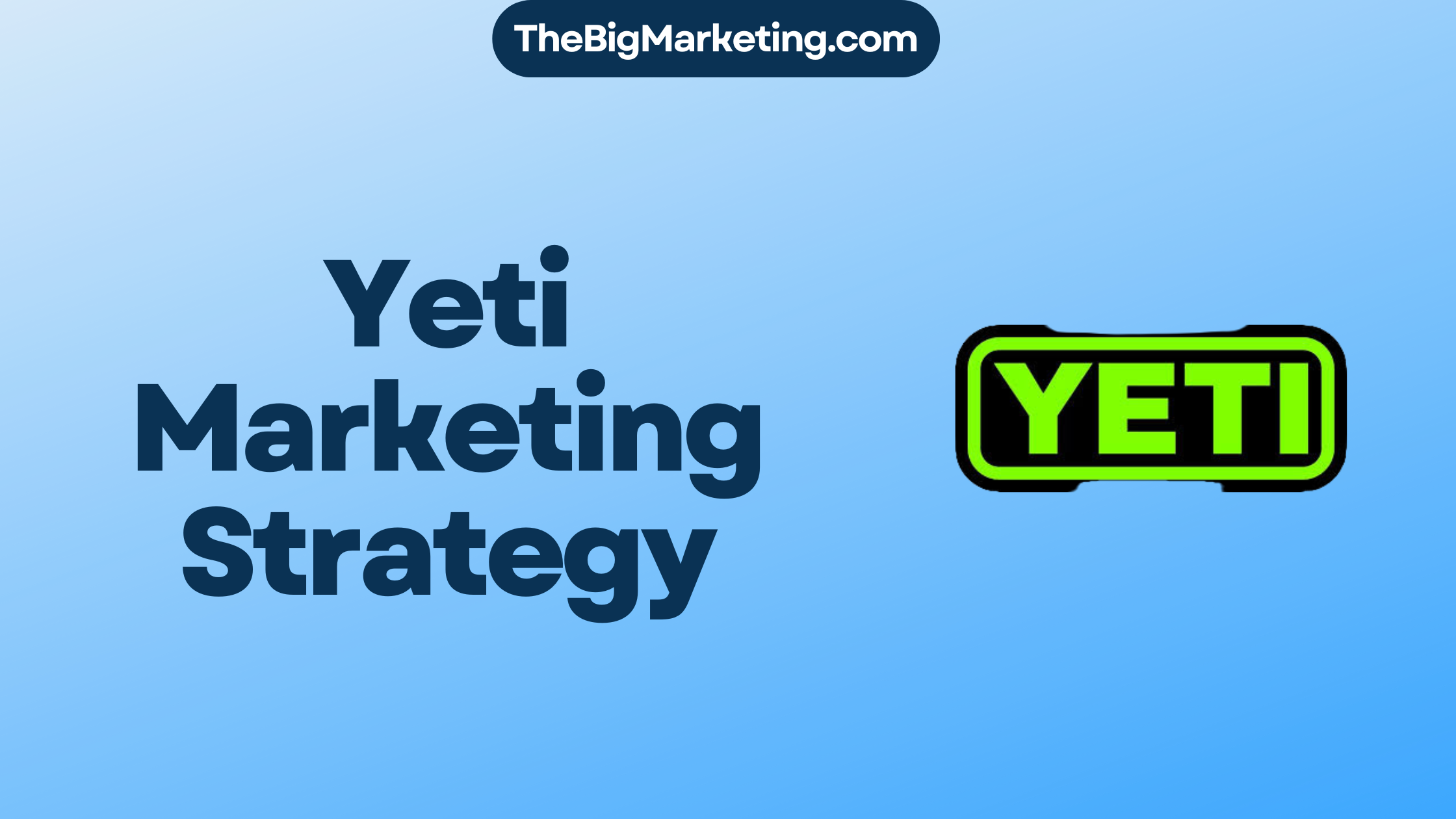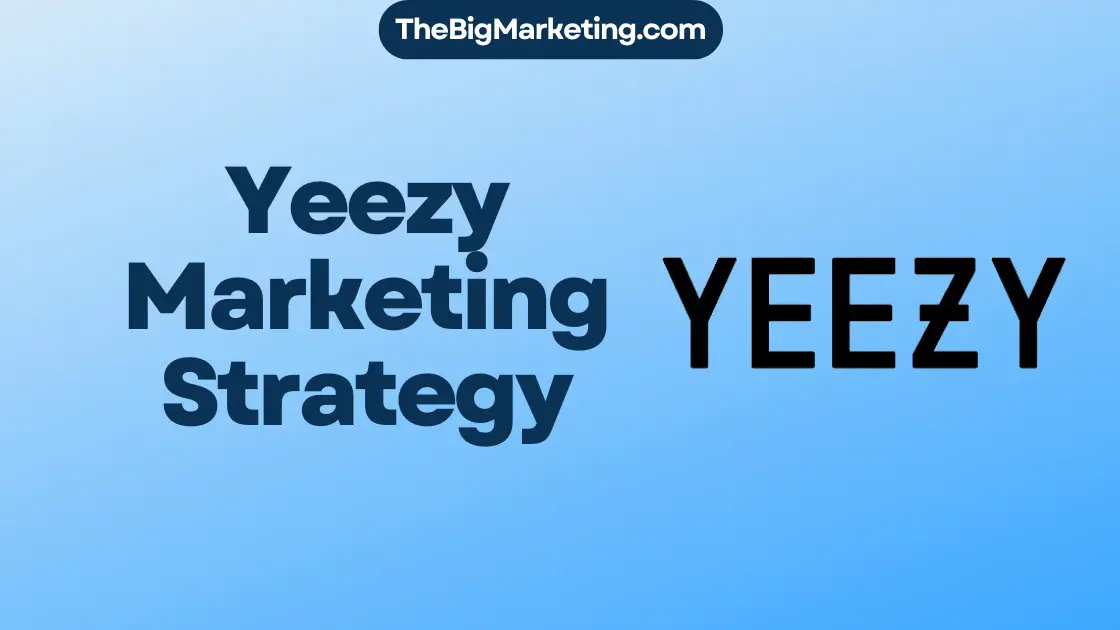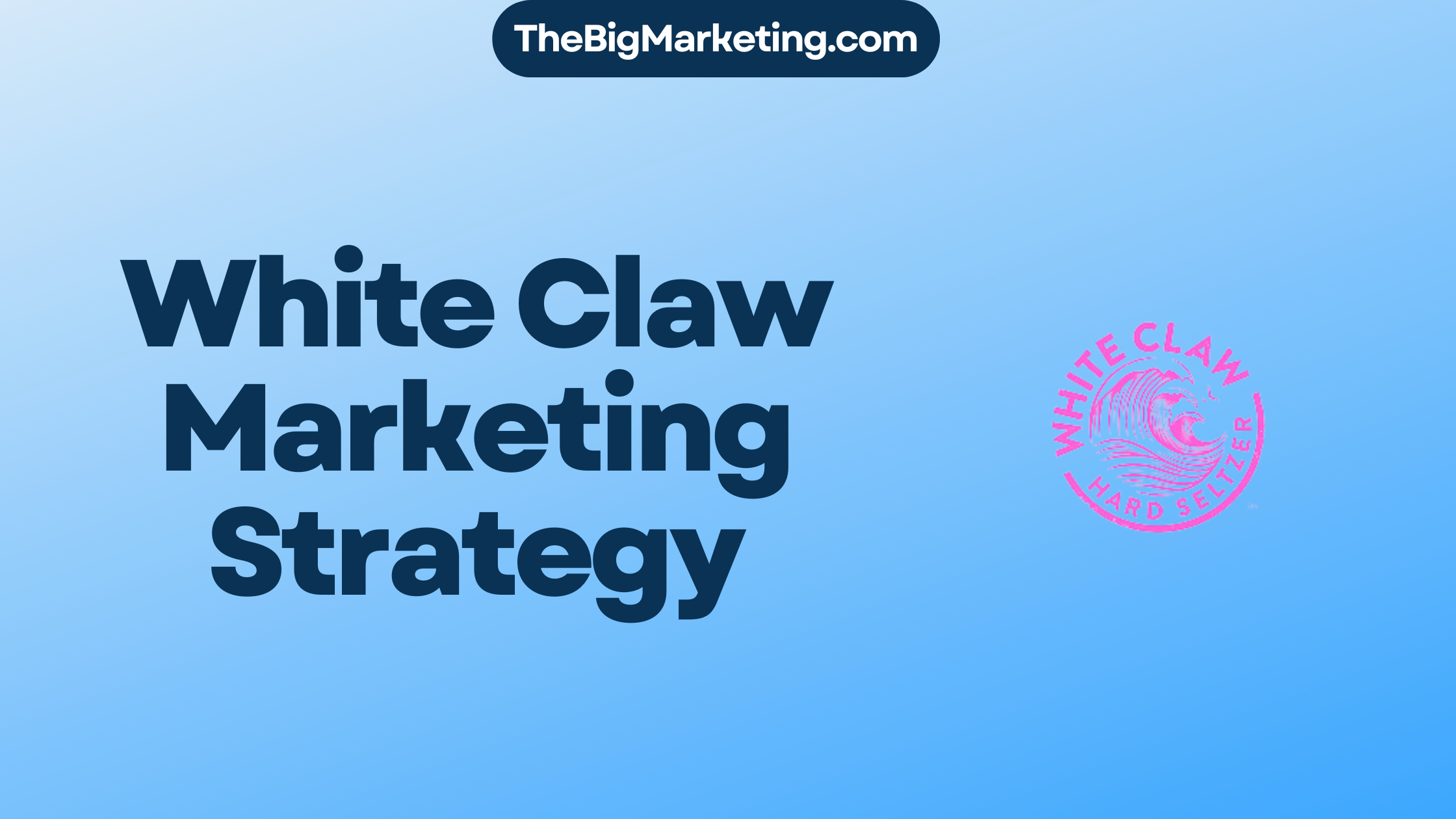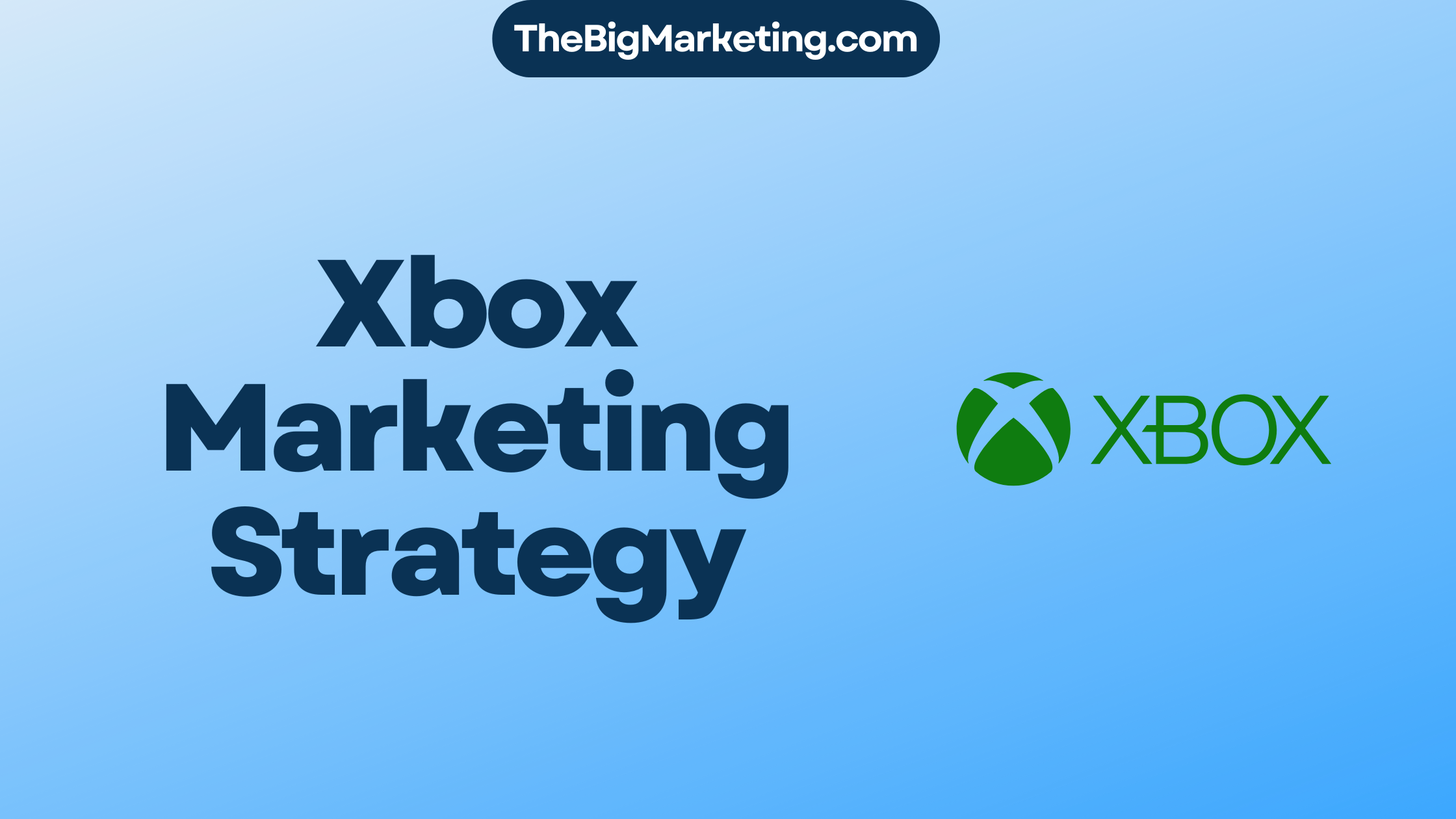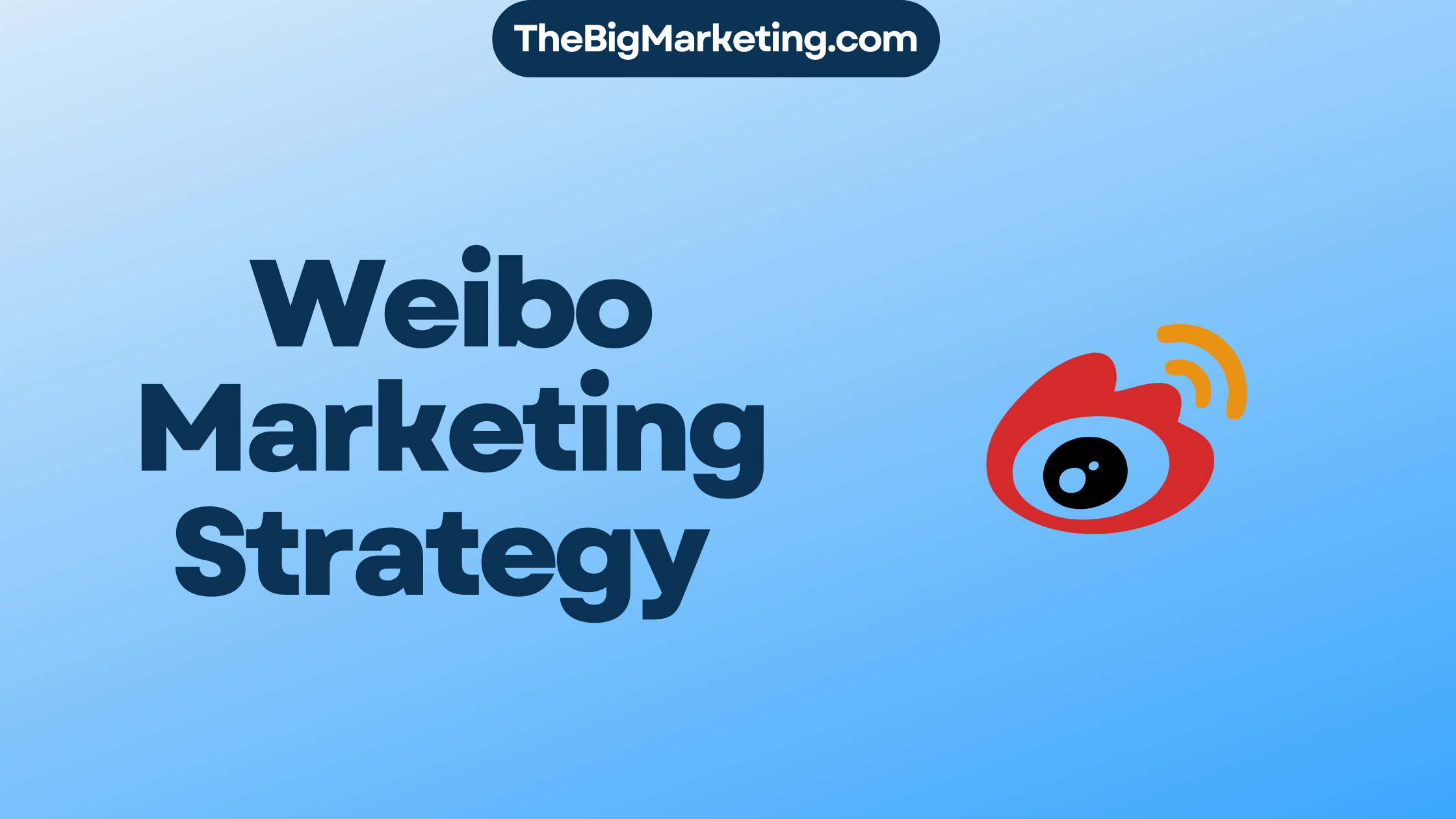Welcome to our comprehensive guide on holistic marketing. In today’s competitive business landscape, traditional marketing tactics are no longer enough to stand out and drive long-term success. That’s where holistic marketing comes in. By taking a unified approach to your marketing efforts, you can create a cohesive and impactful strategy that resonates with your target audience and drives impressive results. In this guide, we will explore the concept of holistic marketing, its core pillars, benefits, challenges, real-world examples, and more. Let’s dive in and discover how you can harness the power of holistic marketing to elevate your brand and achieve your business goals.
Key Takeaways:
- Holistic marketing considers all aspects of a business as one entity, focusing on shared goals and integrated activities.
- Key reasons to adopt holistic marketing include brand building, focus, efficiency, effectiveness, and cohesiveness.
- Holistic marketing emphasizes a customer-centric approach, integrated marketing, relationship building, and internal marketing.
- An integrated marketing approach ensures synergy and consistency, leading to a strong brand identity and enhanced customer experience.
- Implementing holistic marketing strategies offers benefits such as effective resource allocation, increased customer loyalty, and data-driven decision-making.
What is Holistic Marketing?
Holistic marketing is a strategic approach that considers a company’s different parts as a unified whole. It emphasizes a common goal, aligned activities, and integrated marketing efforts. The holistic marketing philosophy is based on the belief that the whole is greater than the sum of its parts. By adopting a holistic marketing concept, businesses aim to provide a seamless and consistent customer experience, ensuring that all aspects of the business work together harmoniously.
The holistic marketing definition focuses on viewing the company as a complete entity rather than separate departments or functions. It recognizes the interconnectedness of marketing, sales, customer service, and other areas of the business. This approach emphasizes collaboration and integration to achieve optimal results.
To illustrate the holistic marketing concept, imagine a puzzle where each piece represents a different aspect of the business—product development, pricing, distribution, promotion, and customer experience. When all the pieces fit together smoothly, they create a holistic marketing strategy that enhances the brand’s effectiveness and cohesiveness.
By aligning activities and maintaining a holistic marketing philosophy, businesses can create a compelling and consistent brand image that resonates with their target audience. This approach considers the customer’s journey from initial awareness to post-purchase and aims to address their needs at every touchpoint. Holistic marketing recognizes that a comprehensive understanding of customers and their preferences is vital to long-term success.
Let’s explore the core pillars of holistic marketing in the next section.
The Core Pillars of Holistic Marketing
Holistic marketing is built upon four essential pillars that form the foundation for an integrated and customer-centric approach. These pillars include:
1. Integrated Marketing
The first pillar of holistic marketing is integrated marketing. This approach focuses on creating a consistent brand message across various channels, both online and offline. By ensuring that all marketing efforts are aligned and working together, integrated marketing helps to create a seamless and cohesive customer experience.
2. Customer-Centric Approach
The second pillar is a customer-centric approach, which places the customer at the center of all marketing initiatives. In a customer-centric approach, businesses strive to understand and anticipate their customers’ needs and preferences. By tailoring products, services, and communications to meet these needs, companies can build stronger relationships, enhance customer satisfaction, and drive loyalty.
3. Relationship Marketing
Relationship marketing is the third pillar of holistic marketing. This approach emphasizes building and nurturing lasting connections with customers. Through personalized interactions, targeted communications, and ongoing engagement, relationship marketing aims to cultivate customer loyalty and advocacy. By fostering strong relationships, businesses can create brand ambassadors who will not only continue to support the company but also share their positive experiences with others.
4. Internal Marketing
The final pillar of holistic marketing is internal marketing. This pillar recognizes the importance of treating employees as internal customers and aligning their values with the organization’s mission. By keeping employees engaged, motivated, and informed, businesses can create a positive internal culture that translates into better customer experiences. When employees feel valued and connected to the company, they are more likely to deliver exceptional customer service and act as brand advocates.
These four pillars of holistic marketing work together to create a comprehensive and cohesive approach that prioritizes the customer and creates meaningful connections. By integrating all aspects of marketing, businesses can deliver a consistent message, build strong relationships, and create a customer-centric culture.
The Importance of an Integrated Marketing Approach
An integrated marketing approach plays a crucial role in holistic marketing. By coordinating various marketing elements, businesses can achieve synergy and consistency, leading to a strong and consistent brand image. This approach not only enhances efficiency but also provides an enhanced customer experience, ensuring that every touchpoint reflects the brand’s values and message.
Through an integrated marketing strategy, businesses can eliminate redundancy and maximize resources for optimal results. By aligning their marketing efforts, companies can create a seamless and cohesive customer journey, reinforcing their brand identity at every interaction.
Benefits of an Integrated Marketing Approach
An integrated marketing approach offers several benefits to businesses:
- Consistent Brand Image: By aligning all marketing activities, businesses ensure a consistent brand image across channels, strengthening brand recognition and recall.
- Enhanced Efficiency: Coordinating marketing efforts eliminates duplication and streamlines processes, allowing businesses to achieve more with fewer resources.
- Improved Customer Experience: A seamless customer journey created through an integrated marketing approach enhances customer satisfaction and fosters brand loyalty.
- Synergy and Holistic Marketing: An integrated marketing strategy contributes to the overall holistic marketing synergy, where all components work together harmoniously to achieve common goals.
Key Elements of an Integrated Marketing Strategy
| Element | Description |
|---|---|
| Consistent Messaging | Ensuring a unified and coherent brand message across all marketing channels, including offline and online platforms. |
| Targeted Segmentation | Identifying specific customer segments and tailoring marketing activities to address their unique needs and preferences. |
| Multi-Channel Integration | Integrating different marketing channels, such as social media, email, and print, for a seamless customer experience. |
| Data-Driven Decision Making | Collecting and analyzing data from various sources to make informed marketing decisions and optimize strategies. |
| Collaborative Communication | Promoting cross-departmental collaboration and communication to ensure alignment and consistency in marketing efforts. |
Benefits of Implementing Holistic Marketing Strategies
Implementing holistic marketing strategies offers several benefits to businesses. By adopting a holistic approach, companies can achieve a strong brand identity, effective resource allocation, increased customer loyalty, and better decision-making.
Building a Strong Brand Identity
A strong brand identity is essential for businesses looking to stand out in the competitive market. Implementing holistic marketing strategies ensures that all marketing efforts are aligned with the brand image and values, resulting in increased brand awareness and recall. Consistent messaging and a cohesive brand experience across different channels enhance the brand’s visibility and resonate with consumers.
Effective Resource Allocation
One of the key advantages of holistic marketing is its emphasis on integrated activities. By taking a unified approach, businesses can make efficient and effective resource allocation. This means that marketing dollars are optimized and wasteful practices are minimized. With a holistic marketing strategy, companies can identify the most impactful marketing channels and invest resources accordingly, ensuring maximum return on investment.
Increased Customer Loyalty
Building and maintaining strong relationships with customers is crucial for long-term success. Holistic marketing facilitates this by focusing on a consumer-centric approach and building solid connections with customers. By understanding and meeting customer needs across all touchpoints, businesses can foster loyalty and repeat business. When customers feel valued and understood, they are more likely to stay loyal to a brand and recommend it to others.
Better Decision-Making
Data-driven decision-making is a powerful tool for businesses, and holistic marketing enables this capability. By integrating data from various sources, companies can gain comprehensive insights into consumer behavior, market trends, and the effectiveness of marketing strategies. Armed with this information, businesses can make better strategic choices that align with customer preferences and drive positive outcomes.
Summary Table
| Benefit | Description |
|---|---|
| Strong Brand Identity | Increased brand awareness and recall through consistent messaging and a cohesive brand experience. |
| Effective Resource Allocation | Optimized resource allocation and minimized waste through an integrated approach. |
| Increased Customer Loyalty | Building solid connections with customers through a consumer-centric approach. |
| Better Decision-Making | Data-driven strategic choices based on comprehensive insights. |
Implementing holistic marketing strategies brings numerous advantages, including a strong brand identity, optimized resource allocation, increased customer loyalty, and improved decision-making. These benefits contribute to the long-term success of businesses and their ability to navigate the dynamic marketing landscape with agility and intelligence.
Challenges in Adopting a Holistic Marketing Perspective
While holistic marketing offers numerous advantages, it also comes with challenges that businesses must address when adopting a holistic marketing perspective. These challenges include organizational resistance, data integration, and consistency across channels.
Organizational Resistance
Implementing holistic marketing strategies may face resistance, especially in traditional, siloed structures. This resistance can stem from employees and departments being accustomed to working independently and not fully understanding the benefits of a unified approach. Overcoming organizational resistance requires effective communication, leadership buy-in, and a clear vision of the value that holistic marketing can bring to the organization.
Data Integration
Data integration poses a challenge in holistic marketing, as businesses need to gather and integrate data from various sources to gain a comprehensive view of their customers and marketing efforts. This task can be complex, requiring the right technology and expertise to collect, organize, and analyze data effectively. Successful data integration enables businesses to make informed decisions and develop targeted marketing strategies based on a cohesive understanding of their target audience.
Consistency Across Channels
In today’s dynamic digital landscape, maintaining consistency across all marketing channels can be challenging. A key principle of holistic marketing is to provide a seamless and consistent customer experience across various touchpoints. Achieving consistency requires aligning messaging, branding, and customer interactions across channels such as websites, social media platforms, email marketing, and offline campaigns. Businesses need to develop a well-defined strategy and implement robust processes to ensure consistent branding and messaging throughout the customer journey.
Real-world Examples of Holistic Marketing Successes
Several companies have successfully implemented holistic marketing strategies. These real-world examples demonstrate the effectiveness of holistic marketing in achieving business goals.
Amazon
Amazon’s holistic marketing approach is centered around its customers. The company focuses on providing personalized recommendations and a seamless shopping experience, resulting in a loyal customer base. By analyzing customer data and understanding their preferences, Amazon creates tailored marketing campaigns that resonate with its audience.
Starbucks
Starbucks is known for its holistic marketing efforts that combine product quality with a unique in-store experience. The company has created a strong brand identity by prioritizing customer satisfaction and creating an inviting atmosphere in its coffee shops. Starbucks’ focus on customer-centricity has led to a dedicated following and consistent business growth.
Dove
Dove’s holistic marketing success lies in its “Real Beauty” campaign, which promotes self-esteem and inclusivity. By challenging beauty stereotypes and promoting body positivity, Dove has built a strong emotional connection with its target audience. This approach has not only enhanced brand loyalty but also positioned Dove as a socially conscious and authentic brand.
Red Bull
Red Bull is a prime example of holistic marketing through its diverse marketing efforts beyond energy drinks. The company sponsors extreme sports events, hosts music festivals, and engages with its audience through social media. Red Bull has created a lifestyle brand that resonates with its target market, allowing it to extend its reach beyond the beverage industry.
These successful companies demonstrate the power of holistic marketing in creating strong brand identities, building customer loyalty, and connecting with their target audience on a deeper level. By considering all aspects of their business and integrating marketing efforts, these companies have successfully differentiated themselves in the market and achieved long-term success.
Conclusion
Holistic marketing is indispensable for businesses aiming for long-term success in a competitive market. By adopting a holistic marketing perspective, businesses can unlock a range of powerful benefits that drive growth and customer loyalty. The holistic approach allows businesses to build a strong brand identity, effectively allocate resources, foster customer loyalty, and make better-informed decisions.
However, it’s important to acknowledge that implementing holistic marketing strategies comes with its own set of challenges. Organizational resistance can be a barrier, especially in traditional structures that are resistant to change. Additionally, integrating data from various sources and ensuring consistency across channels can be complex tasks that require specialized expertise.
Despite these challenges, the potential for success that holistic marketing offers makes it an essential concept for businesses to embrace. By overcoming resistance, leveraging technology, and maintaining consistency, businesses can reap the full benefits of holistic marketing and gain a competitive edge in the market.
FAQ
What is holistic marketing?
Holistic marketing is a strategic approach that views a company’s different parts as a unified whole. It emphasizes the importance of a common goal, aligned activities, and integrated activities.
What are the core pillars of holistic marketing?
The core pillars of holistic marketing include integrated marketing, a customer-centric approach, relationship marketing, and internal marketing.
Why is an integrated marketing approach important in holistic marketing?
An integrated marketing approach ensures synergy and consistency across various marketing elements, leading to a consistent brand image, enhanced efficiency, and an improved customer experience.
What are the benefits of implementing holistic marketing strategies?
Implementing holistic marketing strategies offers several benefits, including building a strong brand identity, achieving effective resource allocation, increasing customer loyalty, and enabling data-driven decision-making.
What challenges are involved in adopting a holistic marketing perspective?
Challenges in adopting a holistic marketing perspective include organizational resistance, data integration complexities, and consistency across all marketing channels.
Can you provide examples of successful holistic marketing campaigns?
Companies like Amazon, Starbucks, Dove, and Red Bull have successfully implemented holistic marketing strategies, showcasing the effectiveness of holistic marketing in real-world scenarios.
What is the importance of holistic marketing?
Holistic marketing is essential for businesses aiming for long-term success in a competitive market. It offers benefits such as building a strong brand identity, effective resource allocation, increased customer loyalty, and better decision-making.
What are the key benefits and challenges of holistic marketing?
The key benefits of holistic marketing include building a strong brand identity, effective resource allocation, increased customer loyalty, and better decision-making. However, challenges such as organizational resistance, data integration complexities, and consistency across channels should also be considered.
